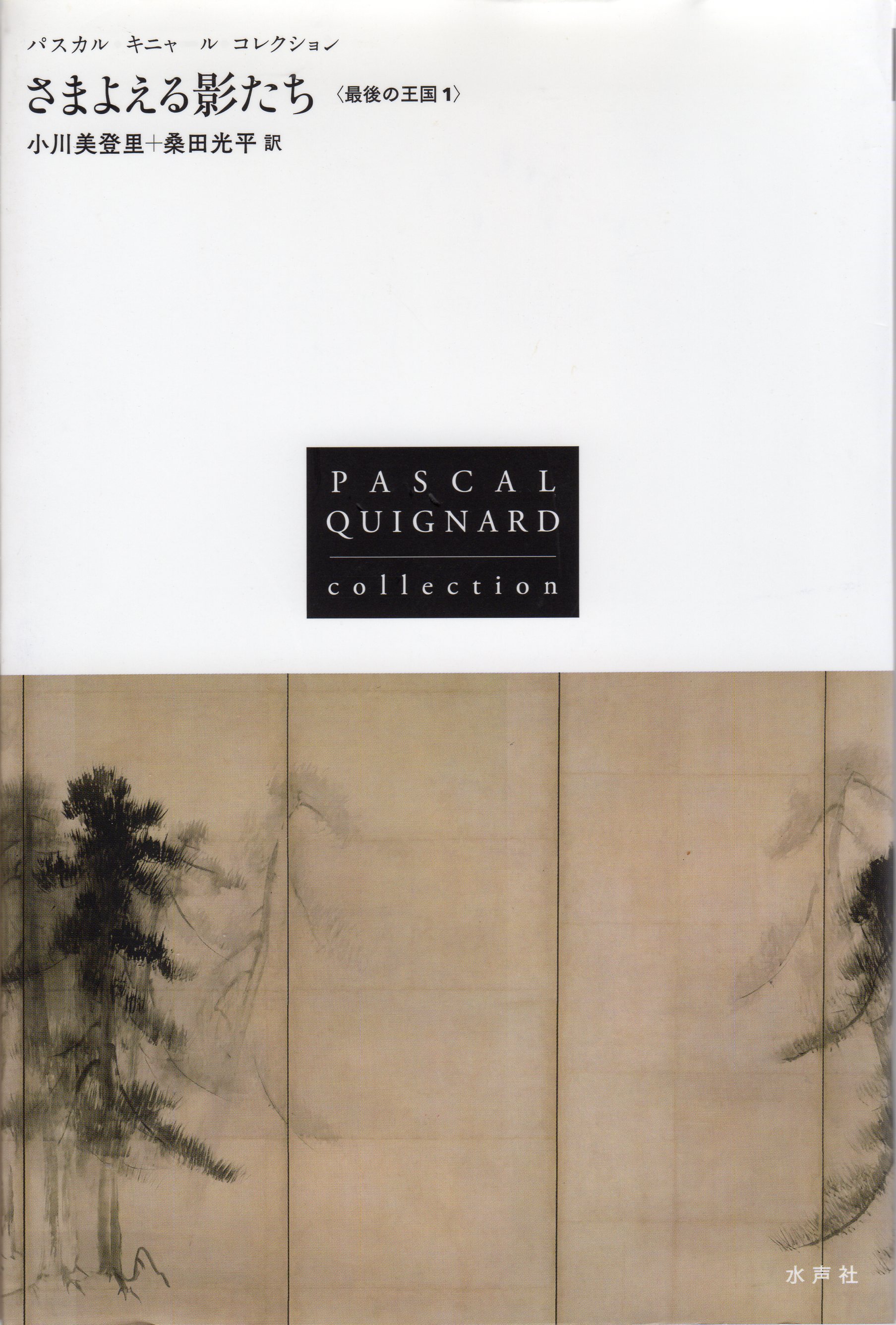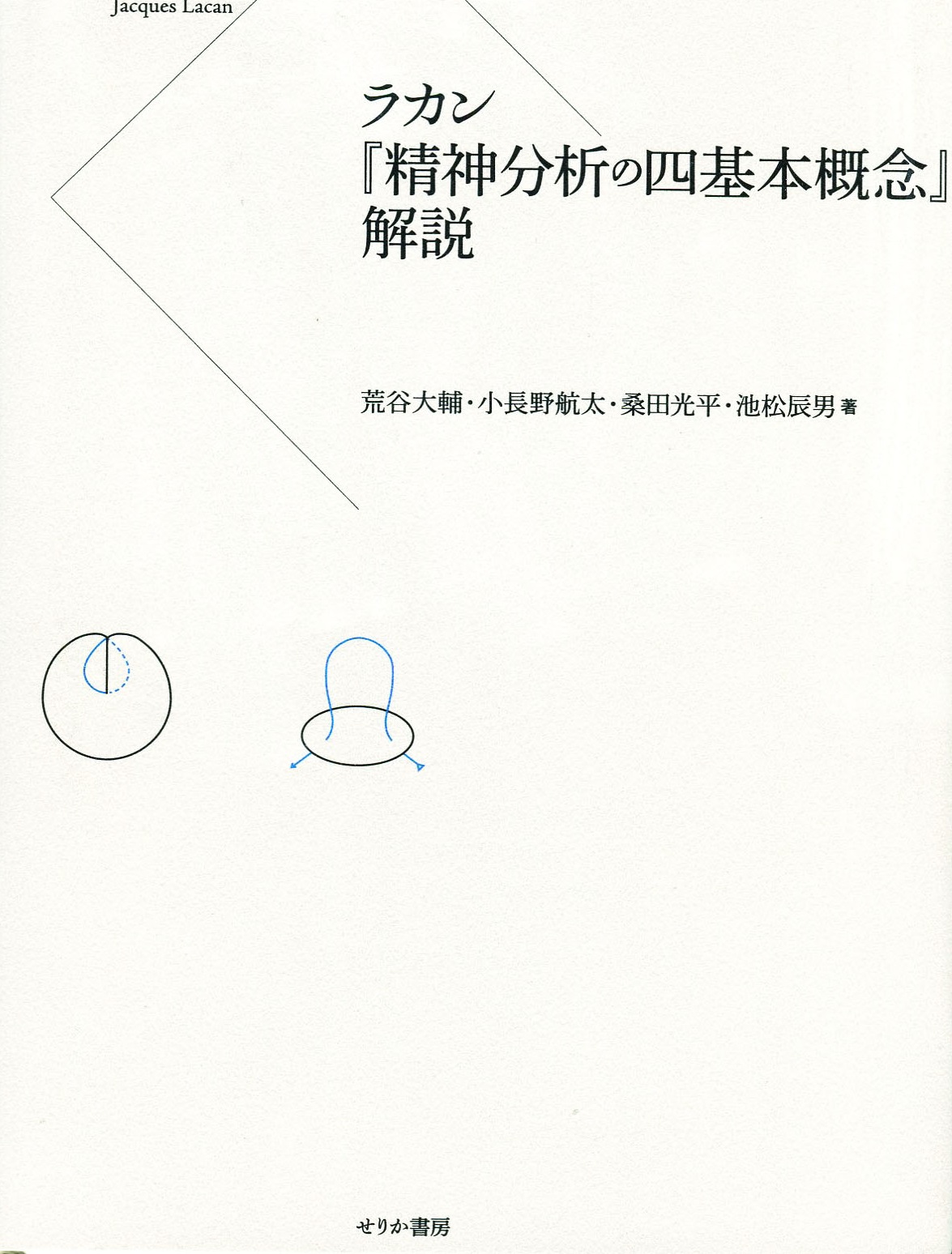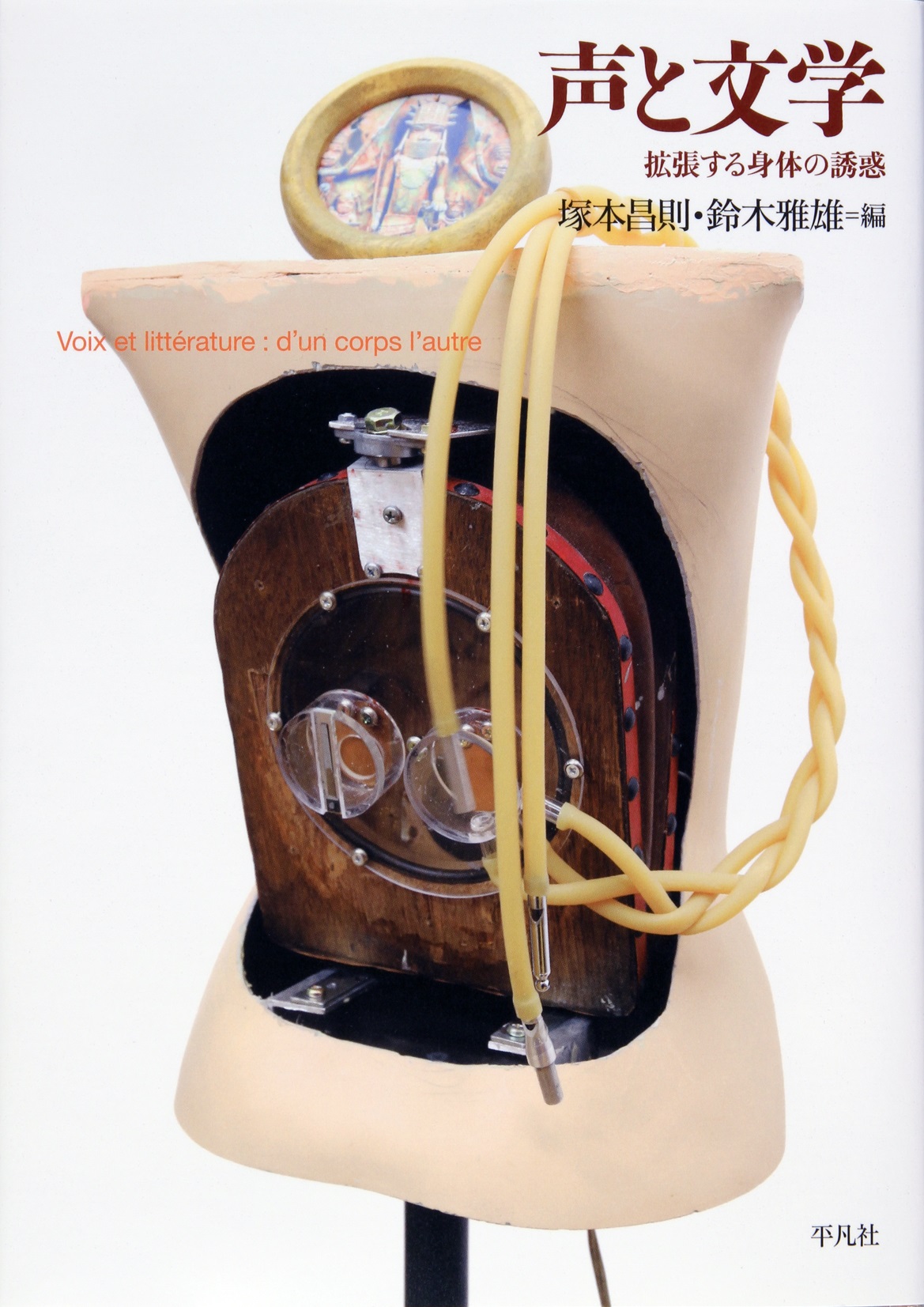
Title
Pascal Quignard Collection Samayoeru Kagetachi (The Roving Shadows: Last Kingdom <1>)
Size
202 pages, 127x188mm hardcover
Language
Japanese
Released
March 06, 2017
ISBN
978-4-8010-0223-7
Published by
Suiseisha
Book Info
Japanese Page
This book was released in 2002 as the first volume of the “Last Kingdom” series (currently, up to the tenth volume has been published in French), which can be regarded as the life work of the contemporary French novelist Pascal Quignard. Many of Quignard’s works have been translated into Japanese, including All the World’s Mornings (Sekai no Subete no Asa wa: initially entitled Meguriau Asa in the first Japanese translation and in the Japanese version of the film), which has been adapted into a film, and Villa Amalia. Since December 2016, Suiseisha has begun to publish the Pascal Quignard Collection, a collection of works by Pascal Quignard, including the “Last Kingdom” series, the novel Mysterious Solidarities, an anthology of short stories, his essay on dance (The Origin of Dance, French title L'Origine de la danse), and his essay on image (The Sexual Night, French title La Nuit Sexuelle). As this lineup shows, Quignard has been engaged in a range of activities that go beyond the framework of the so-called storyteller. More recently, he appears to have devoted his entire life to creative activities by producing a theatrical play, appearing on the stage as an actor, and holding a piano concert. The “Last Kingdom” series is a culmination of Quignard’s works and is a rare book that, as the author puts it, “exploits all genres from novels and essays to icons, readings and memories, and from philosophy to etymology, from history to music” and puts “all forms” to use. It was a great surprise that this rare book won the prestigious prix Goncourt, which, with more than 100 years of history, is usually awarded to novels.
This book is composed of 55 chapters, each comprised of short sentences that may be regarded as fragments. There is no consistent narrative line. Instead, a confused literary space has been constructed, which was inspired by literature from all ages and cultures concerning shadows, that is, the deceased lurking in the dark, literature in the broad sense of the term, which includes mythology, oral literature, music, history, and personal recollection. It is a place that can justly claim the title of “Last Kingdom,” where the deceased and the living can interact beyond the spatiotemporal boundary, and where Quignard distances himself from the society in which he lives and becomes a hermit, or better put, “the deceased.” “Live in a remote corner of the world, a blind corner of the world..., where you cannot see what you see in your normal life.” This phrase found in this book may most accurately represent “the Last Kingdom.” There, “you cannot see what you see in your normal life” and at the same time you can see what you cannot see in your normal life. To use a rather pompous expression, this book can be seen as a gateway to the shadowy world for those who live in the contemporary society where everything is lit.
(Written by KUWADA Kohei, Associate Professor, Graduate School of Arts and Sciences / 2019)



 Find a book
Find a book




